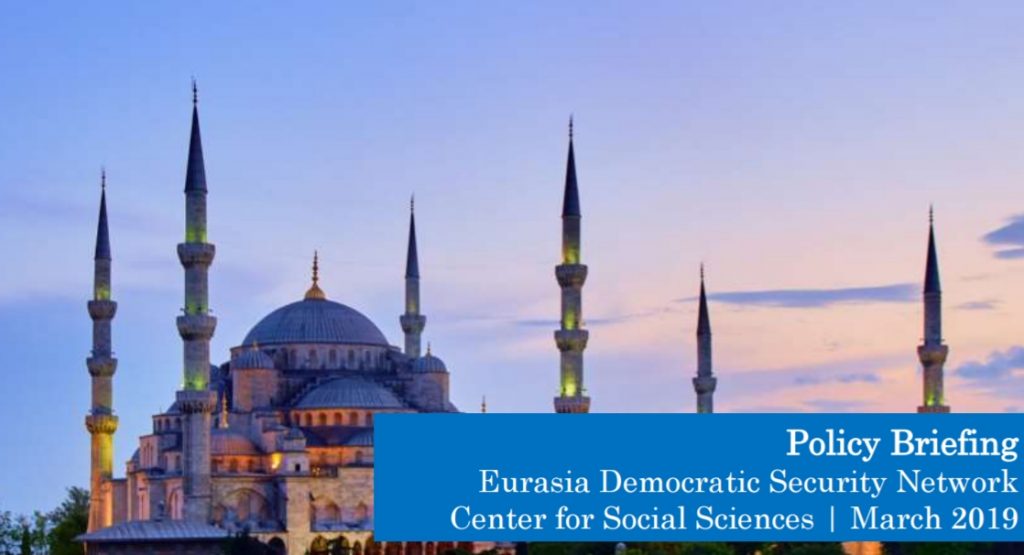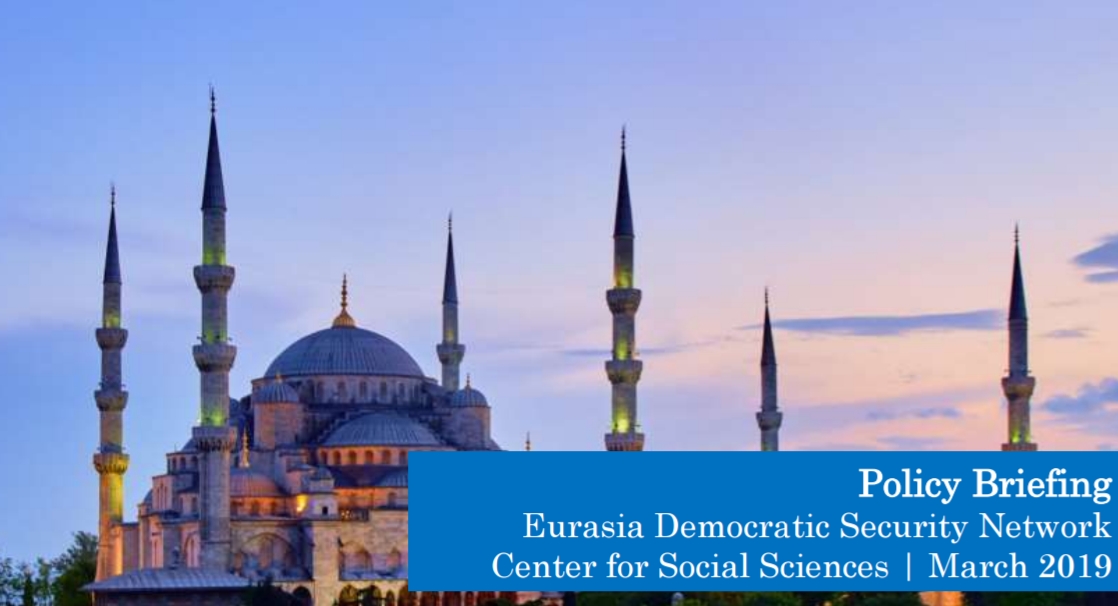Turkey’s foreign and regional security policies have been deeply affected by the Syrian crisis for at least the past seven years. Different dimensions of the crisis and the spillover effects in Turkey (refugees, terrorist attacks, foreign terrorist fighters, etc.) have raised questions and concerns about the country’s approach to regional security. For years, Turkey’s Syria policy has been dominated by the idea of playing an active role in Middle East politics.
However, a number of miscalculations and a departure from previous institutional commitments moved Turkey from a policy of “zero problems with neighbors” to “zero friends” as Piotr Zalewski put it in a 2013 Foreign Policy article. In 2016, author and journalist Abbas Djavadi called it a “nothing but problems” condition. Because the crisis in Syria continues to affect regional stability, and there seems to be no winner out of the conflict, it is hard to declare a victory in achieving goals. Most regional experts agree that the initial policy— called “strategic depth” originated from former Prime Minister Ahmet Davutogl not only failed to achieve concrete objectives, but it also affected the State structure significantly to cover the policy failures in the later stages.

[Download the Policy Brief (PDF)]
Dr. Gurer is Philipp Schwartz Initiative Fellow at the University of Siegen, Germany and conducting research on “Conflict, Refugees and Dynamics of Integration.” He has received his Ph.D. degree from Department of Political Science at Kent State University, USA (2007)

